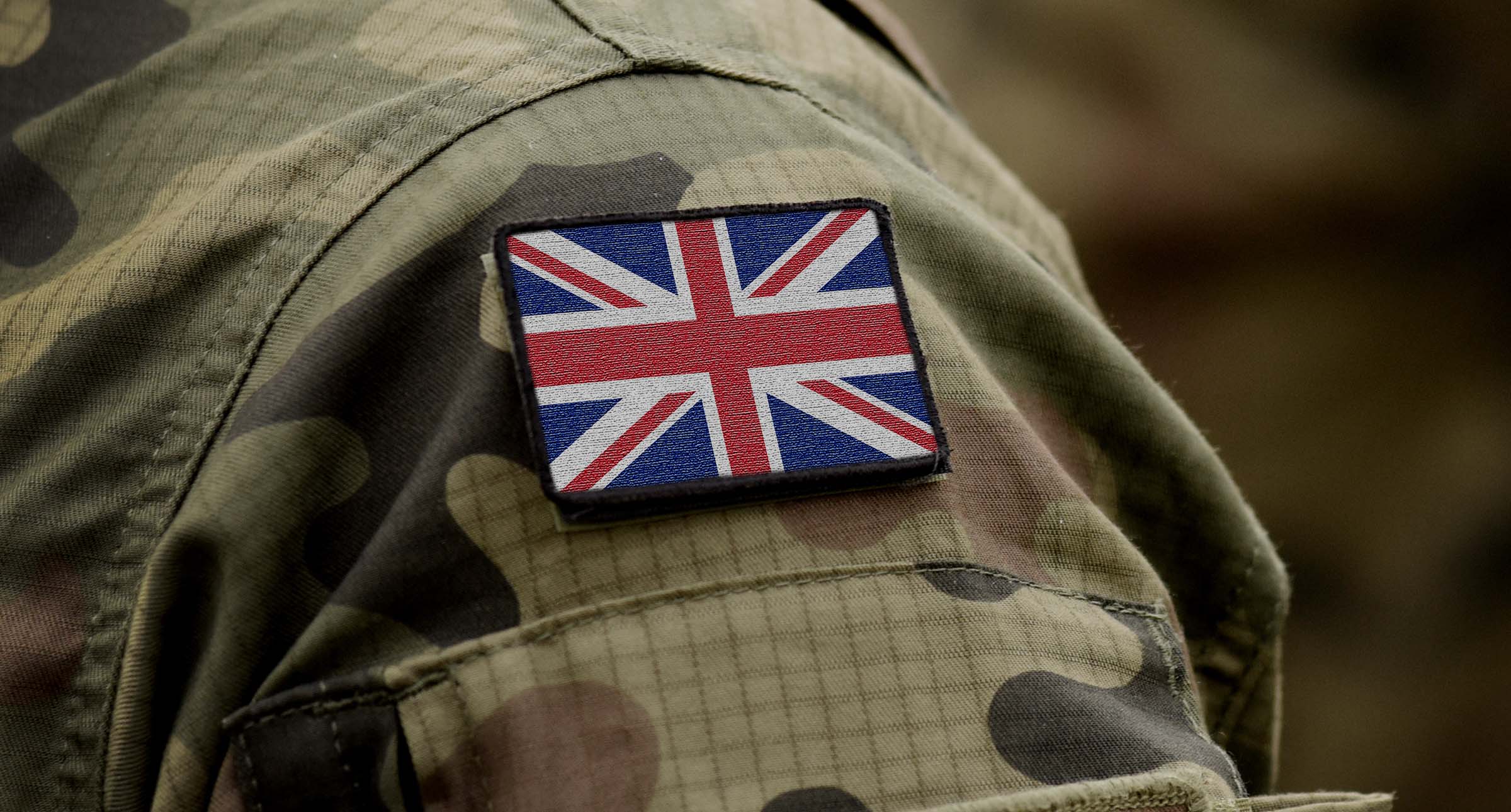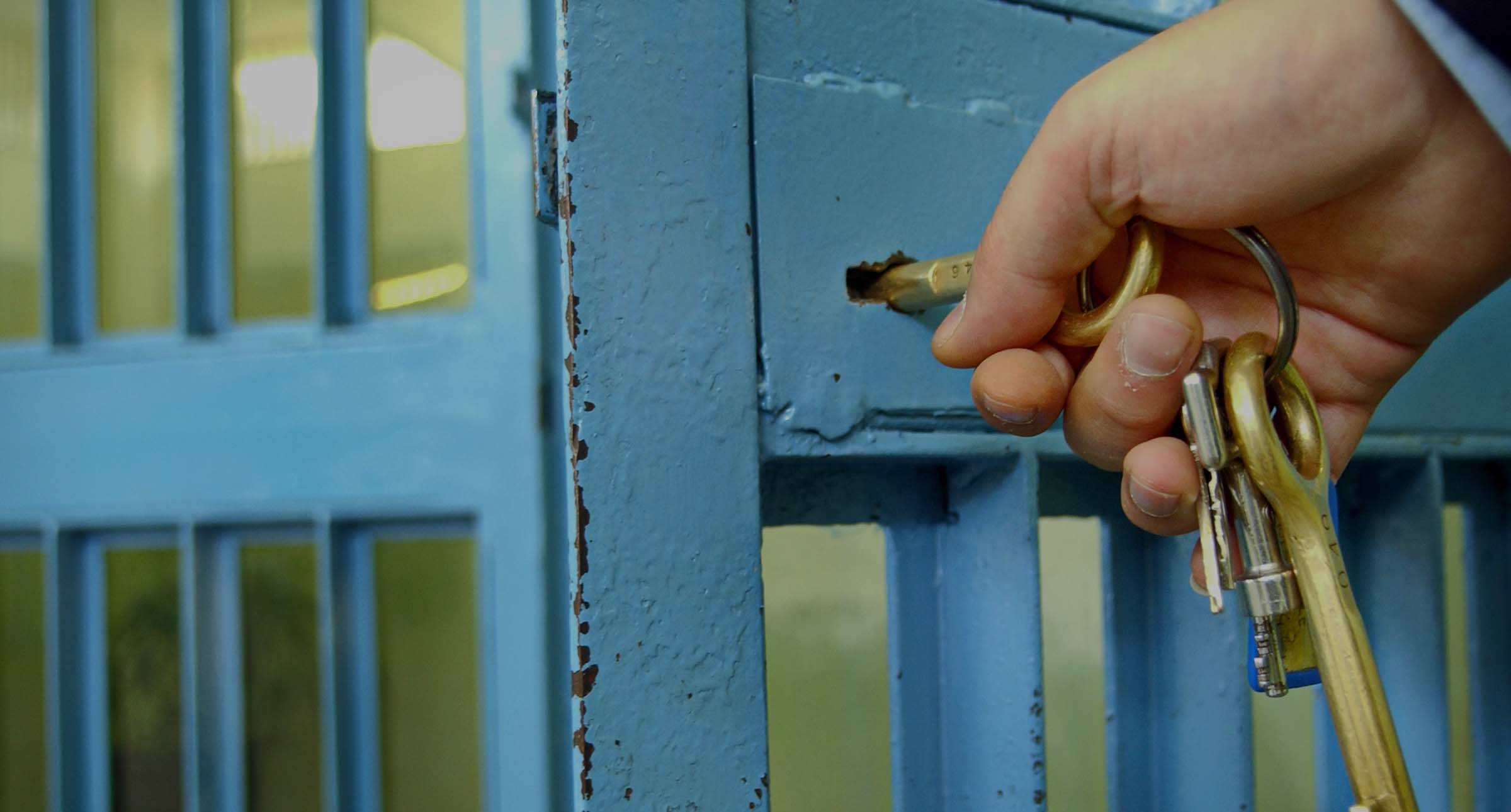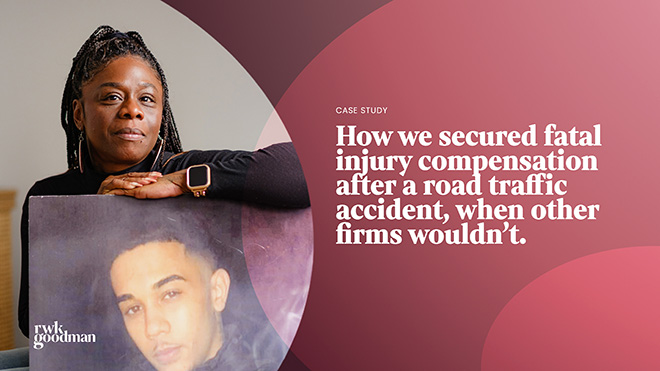Pro bono inquests: can someone represent me at an inquest for free?

If a loved one has died in circumstances that are unexplained, sudden or violent, or in state detention, a coroner may decide to hold an inquest. All Interested Persons at an inquest have the right to have legal representation and it is likely that any state or private organisations that are attending the inquest, such as the NHS, prisons, police, or care homes, will have legal representation.
Families who are Interested Persons can arrange to have legal representation acting on their behalf during an inquest, as having a specialist lawyer can be hugely beneficial. Representation can help families raise all concerns they have about a death and to seek answers as to how their loved one died, especially when the family are likely to be grieving and still coming to terms with the death of their loved one. Also, it is even more important when the other Interested Persons are likely to have specialist legal representation, making it a daunting process.
Thankfully there are many ways that you may be able to get legal representation, where a solicitor or barrister act on your behalf, at no or little cost to yourself. Here I will explain the different ways that we support families to fund legal representation at inquests.
If you have any questions or would like to know if one of these options may be right for you, then please get in touch with our team.
Are you eligible for Legal Aid?
The government may pay for legal representation for a family at an inquest where the death occurred in particular circumstances. This is known as Legal Aid or public funding. These particular circumstances include cases when a person has died in the care of the state, such as in prison, police custody or whilst sectioned under the Mental Health Act.
Unfortunately, even if someone has died in these situations, public funding is still not guaranteed. A detailed application will need to be made to the Legal Aid Agency; something that we often need to assist our clients with as the paperwork is complex and there are technical legal issues to be considered to make the application as strong as it can be.
Have you checked your insurance policies?
When a client comes to us to ask whether we can represent them at an inquest hearing, one of the first things that we will ask them is whether they, or the person who has died, had any insurance policies. This could be home insurance, car insurance, credit card insurance, or any others. This is because in some policies there is cover for legal expenses, which can include payment for legal representation at an inquest.
Many people do not realise this is part of their policies, but it is important to check as this could mean legal representation will be paid by the insurer and the family will not have to pay anything.
Have you considered a ‘no win, no fee’ agreement?
A ‘no win, no fee’ agreement, formally known as a Conditional Fee Agreement, is where a solicitor and barrister agree to represent you with no immediate cost to you. If you win your case, they take a small percentage of any financial compensation you receive to cover their costs. Most importantly however, if you do not win your case you will not need to pay anything.
As inquests are an investigation and not a litigation process, they do not have a ‘winner’ or a ‘loser’; the hearing does not deal with civil or criminal fault, and no financial compensation is awarded at a hearing. However, law firms such as ours will often agree to represent families at inquests under a ‘no win, no fee’ agreement if the family would like to pursue a claim after the inquest has finished (and if there is sufficient prospects of success to do so).
If there is enough evidence to pursue a case after the inquest, then the solicitor will assist with this on the family’s behalf.
If there are insufficient prospects of a successful claim after an inquest then the costs of the legal representation will be effectively ‘written off’ and there will be no cost to the family.
What if you have been told none of these funding mechanisms apply to you?
Firstly, it is always important to check whether any of the above apply to you. We have lots of clients who may assume that they are ineligible for one of the above funding mechanisms until they get in touch and get our expert team's view.
However, where we feel unable to provide you with legal representation of the types set out above, there may still be other options for families.
Pro Bono Solicitors and Barristers
Some solicitors and barristers are willing to represent families at no cost in certain cases.
We can provide details on how to investigate this further if this option applies to you.
Private funding
In the few cases where we cannot assist using one of the preferred options above, we are always happy to seek to agree a private fee that meets your needs.
We believe that all families should have legal representation at an inquest if they want it, so will always explore the most cost-effective option and consider the free options above before suggesting that a case would be suitable for paying privately.
Crowdfunding
Sadly, due to a lack of widely available public funding, many families have to resort to seeking charitable support from others, and setting up a crowdfunding page to secure funds to have representation. A specialist lawyer can help maximise any such campaign and can assist with publicity, as well as managing the case itself.
An inquest can be a daunting process, but here we hope to have made the decision of how to go about funding one that bit simpler. If you need help with a potential inquest proceeding, please contact our specialist team today.
Contact our enquiries team to find out if our inquests team can help you find the answers you deserve.
Call now
More insights into inquests and fatal claims
View more articles related to Inquests and Fatal Claims












